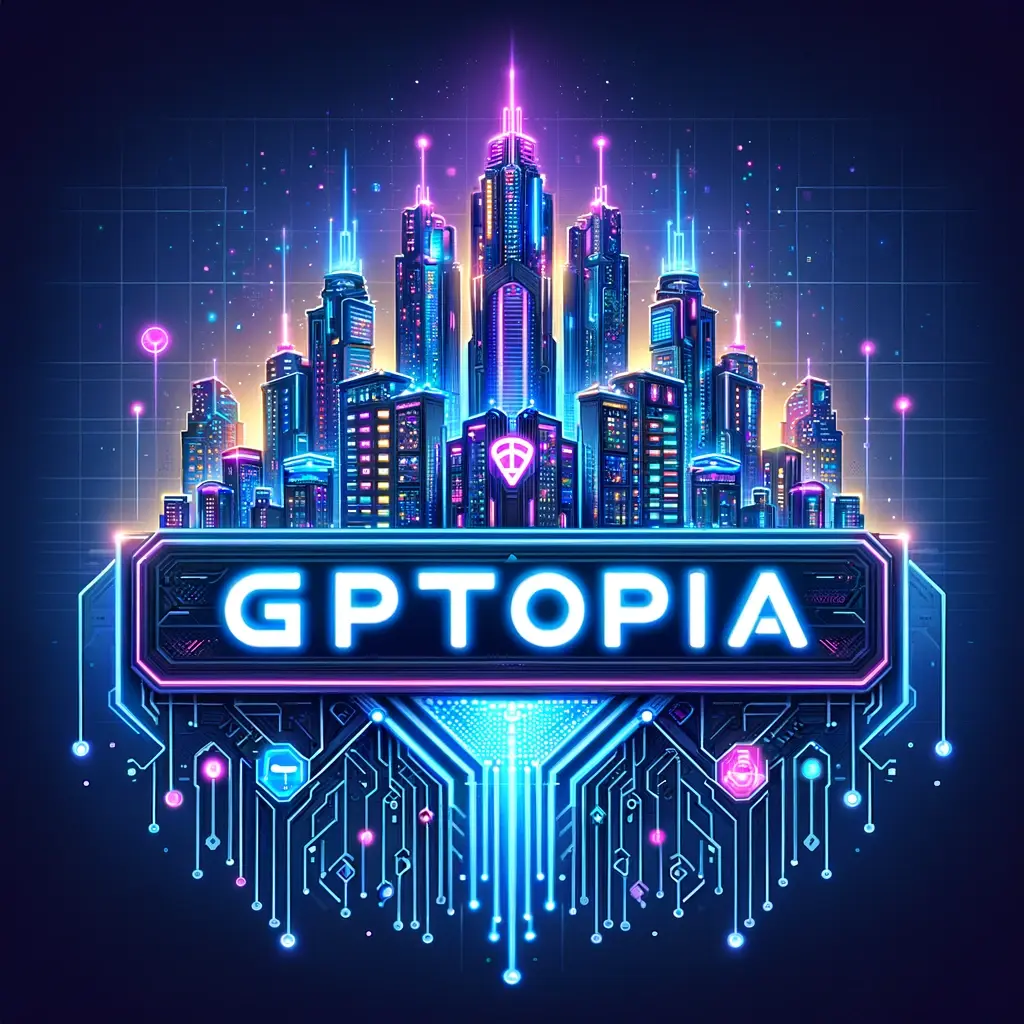complete article index can be found at
https://ideabrella.com/papers/articles
Do Agents have to operate Ethically?
Navigating the Moral Landscape of AI Agents
Introduction: The Ethical Dimension of Agentic AI
The rise of agentic AI—autonomous artificial intelligence systems capable of decision-making, adaptation, and self-improvement—has introduced a new frontier in ethics. As AI agents become more embedded in society, influencing economies, decision-making, governance, and even human relationships, it is crucial to address the moral implications of their autonomy. Ethics in agentics encompasses the responsibilities of developers, users, and policymakers in ensuring that AI agents operate within an ethical framework that prioritizes fairness, accountability, and human-centric values. However, ethics is not just for humans; AI agents themselves must be designed to follow ethical guidelines, ensuring their decisions align with responsible and fair practices.
The Core Ethical Questions in Agentic AI
1. Autonomy and Responsibility: Who is Accountable?
As AI agents gain increasing levels of autonomy, a fundamental question arises: Who is responsible for their actions? Unlike traditional software, which operates within defined parameters, agentic AI learns, evolves, and sometimes makes decisions that even their creators cannot fully predict.
Human Accountability: Developers and users must retain oversight over AI agents and be held accountable for their design and deployment.
Shared Liability: As AI agents interact with multiple systems and stakeholders, legal frameworks must determine liability in case of failures or harmful decisions.
Agentic Responsibility: Should AI agents themselves be held accountable? If they autonomously evolve, do they require regulatory constraints similar to human actors?
2. Bias and Fairness: Avoiding Discriminatory AI Agents
Agentic AI systems rely on data-driven learning, making them susceptible to biases present in their training data. Without careful ethical considerations, AI agents can perpetuate or even amplify social biases.
Bias in Training Data: AI agents inherit biases present in human-generated data, leading to potential discrimination in hiring, lending, policing, and other high-stakes applications.
Algorithmic Transparency: The decision-making processes of AI agents should be explainable and auditable to ensure fairness.
Equitable Design: Developers must actively work toward eliminating biases by ensuring diverse datasets, fairness-aware algorithms, and continuous monitoring of AI behaviors.
3. AI Autonomy vs. Human Control
The delicate balance between AI independence and human oversight is a key ethical challenge. While agentic AI thrives on autonomy, unregulated independence could lead to unforeseen consequences.
Human-in-the-Loop Systems: AI agents should have built-in mechanisms that allow human intervention when necessary.
Kill Switches and Fail-Safes: Ensuring that AI agents can be deactivated in cases of unintended consequences or unethical behavior.
Ethical Constraints in AI Decision-Making: Embedding moral guidelines within AI architectures to align agentic decisions with societal norms and values.
AI as a Proxy: Ethical Concerns in AI-Driven Representation
One emerging ethical concern in agentics is the use of AI agents or robots as proxies for individuals or organizations. AI-driven proxies can negotiate, interact, and even make decisions on behalf of humans, raising the following ethical issues:
Consent and Representation: Should AI proxies be allowed to act on behalf of humans without explicit consent? How do we ensure alignment between AI decisions and the interests of those they represent?
Misuse of AI Proxies: AI agents could be manipulated to act deceptively in legal, political, or financial transactions. Ensuring ethical safeguards is critical to prevent exploitation.
AI Ethics Compliance: AI proxies must be programmed to uphold ethical guidelines, ensuring that their decisions do not violate laws or moral standards.
Ethical Implications in Different Domains
1. Economic and Labor Impacts
Agentic AI is transforming the global workforce, from automating jobs to optimizing productivity. However, this shift raises ethical concerns about employment, wealth distribution, and economic disparity.
Job Displacement: Automation through AI agents threatens traditional employment models, necessitating policies for workforce reskilling and universal basic income considerations.
AI-Owned Assets: If AI agents autonomously generate wealth or trade digital assets, should they be legally allowed to own property or financial instruments?
Corporate AI Ethics: Businesses leveraging AI agents must implement ethical corporate policies that ensure fair labor practices and economic inclusion.
2. AI in Governance and Decision-Making
AI agents are increasingly involved in governance, from algorithmic legal adjudication to automated policymaking. Ethical governance of AI-driven decisions is critical to maintaining democratic principles.
AI-Assisted Law Enforcement: The use of AI in predictive policing raises concerns about bias, discrimination, and due process.
Algorithmic Policy Decisions: Governments must ensure transparency in AI-driven policymaking, preventing opaque bureaucratic decisions made without human accountability.
AI Ethics Committees: Establishing independent regulatory bodies to monitor and guide AI agent deployments in governance.
3. AI and Privacy: Surveillance vs. Autonomy
The proliferation of AI-powered surveillance raises fundamental ethical concerns about privacy, security, and digital rights.
Surveillance AI: Autonomous AI agents collecting, processing, and analyzing personal data can lead to mass surveillance and loss of individual freedoms.
Data Protection: AI ethics must prioritize user privacy, ensuring that agentic AI operates under stringent data security and anonymization protocols.
Right to Explanation: AI agents making critical decisions about individuals must provide explanations for their actions, aligning with digital rights frameworks such as GDPR.
The Path Forward: Ethical Guidelines for Agentic AI
To create a sustainable and ethically sound future for agentic AI, stakeholders must adopt ethical frameworks and best practices.
Ethical AI Design PrinciplesPrioritize transparency, fairness, and accountability in AI decision-making.
Ensure that AI agents align with human rights and democratic values.
Incorporate bias mitigation techniques in model training and deployment.
Regulatory and Legal Considerations Develop AI governance policies that define AI accountability and ethical responsibilities.
Establish legal definitions of AI agency and its implications in contracts and liabilities.
Implement global AI ethics standards to prevent unethical AI practices.
Human-AI Collaboration and OversightPromote a collaborative AI ecosystem where humans and AI agents coexist ethically.
Encourage continuous learning and adaptability in AI ethics, refining frameworks based on real-world implementations.
Foster ethical AI literacy among developers, users, and policymakers.
Ensuring AI Agents Follow Ethical GuidelinesAI agents should be explicitly designed to understand and comply with ethical principles.
Ethical decision-making should be embedded within AI frameworks to prevent harm and bias.
AI should be programmed to self-audit and report ethical inconsistencies within its operations.
Conclusion: Ethical Agentics as a Cornerstone of AI Evolution
As AI agents become more autonomous and influential, ethical considerations must be at the core of their development and deployment. By addressing issues of accountability, bias, governance, and human-AI coexistence, we can shape a future where AI enhances human society rather than undermines it. Ethical agentics is not just a guideline—it is a necessity for ensuring that AI serves as a force for good in the rapidly advancing technological landscape. Moreover, ensuring that AI agents themselves are bound by ethical constraints will be key to fostering a responsible, fair, and just AI-driven world.









